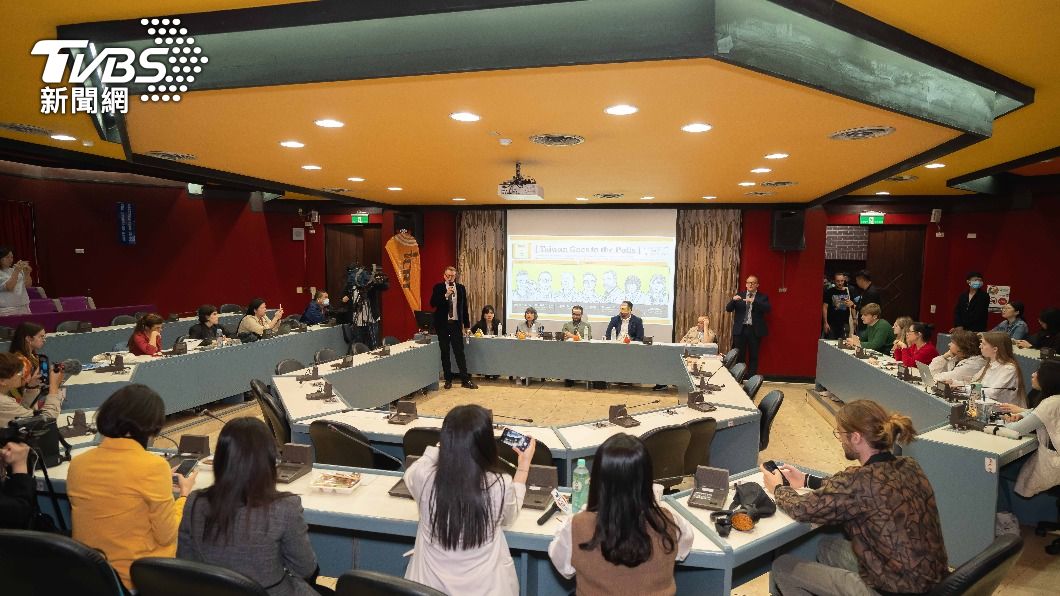TAIPEI (TVBS News) — As Taiwan prepares for its 2024 presidential election, the nation's political landscape is abuzz with developments and discussions. A significant event adding to this atmosphere was the "Taiwan Goes to The Polls" roundtable discussion, organized by ICRT and TVBS World Taiwan on Wednesday (Dec. 13) at the National Taiwan Normal University.
Insights into Public Opinion
According to the recent TVBS poll, the "Lai-Hsiao ticket" continues to lead with 36%, while the "Hou-Kong ticket" has seen a slight increase to 32%. The "Ke-Ying ticket" experienced a marginal decline, now at 22%. If estimated based on the polling results and actual voter turnout of the 2020 Presidential Election, the voter turnout for next year's Presidential Election is predicted to be 78%, according to the TVBS survey.
The Gap Between Perception and Polls
Samson Ellis from Bloomberg also drew attention to the disparity between poll results and public perception, particularly in the context of Taiwan's wage growth, which he noted has been the highest since the 1990s. "Wages over the past seven years have risen more than twice as fast as under Chen Shui-bian and Ma Ying-jeou," he noted.
Veteran journalist Fan Chifei and visiting scholar Chiaoning Su further focused on China's influence in the election. Fan discussed the sophistication of China's disinformation tactics, while Su highlighted the under-discussed aspect of Chinese interference, citing Terry Gou's withdrawal from the election as an example.
Engaging International Audiences
ICRT General Manager Timothy Berge underscored the importance of such discussions for international audiences. "This helps the international audience better understand what the election is about," Berge explained.
The event featured ICRT senior host Gavin Phipps as the moderator and covered a range of topics including polling data, candidate evaluations, key policy debates, and the election's global implications. The panelists also discussed Taiwan's presidential race dynamics and its significance on the world stage.
Earlier this month, TVBS released the Chinese translation of a new book by Brookings Senior Fellows Richard Bush and Ryan Hass, along with Bonnie Glaser, focusing on "U.S.-Taiwan relations in the context of China's challenge." The book argues that any resolution to tensions between the PRC and Taiwan must involve the consent of Taiwan's people.



